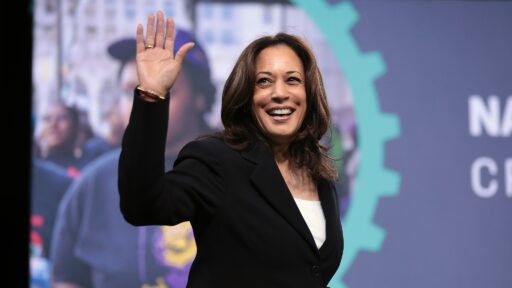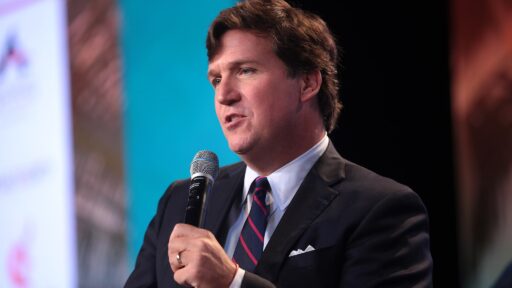America’s Most Popular Whiskey Brand Drops The Woke Act
Jack Daniel’s, a renowned name in the whisky industry, is scaling back its Diversity, Equity, and Inclusion (DEI) initiatives, responding to pressure from conservative activists and potential boycott threats. This decision marks a significant shift for the brand’s parent company, Brown-Forman Corp., a key player in the spirits industry with a market value of $21.37 billion.
In recent times, Brown-Forman has decided to step away from linking executive bonuses and pay to DEI progress. It will also cease its participation in annual rankings that measure LGBTQ-friendly workplaces. This move aligns with a broader trend where companies, including Harley-Davidson, Tractor Supply, and John Deere, are reevaluating or withdrawing their DEI programs.
Robby Starbuck, a well-known conservative social media influencer and podcaster, was poised to lead a boycott against Jack Daniel’s. Starbuck has been vocal about pressuring major corporations to rethink their DEI policies. He shared on X (formerly Twitter) that these actions are forcing large organizations to reconsider their policies due to fear of being publicly criticized or boycotted.
Brown-Forman’s DEI program, which began in 2019, will no longer emphasize DEI goals for executive compensation or its partnerships with diverse suppliers. According to an internal memo, the company’s leadership acknowledged that the landscape has changed significantly since the inception of their DEI efforts. They highlighted that their approach must adapt to current business realities and external factors.
Ken Mahoney, CEO of Mahoney Asset Management, praised Brown-Forman’s decision. He noted that major companies like Tesla, Home Depot, Wayfair, and Walmart have also been scaling back on DEI-driven leadership goals. Mahoney argues that while diversity and inclusion may seem beneficial, the way companies have implemented these policies often leads to suboptimal outcomes and could potentially alienate customers.
A Gallup-Bentley University survey indicates that only 38% of Americans support companies taking a stand on social or political issues. This sentiment underscores the broader consumer preference for businesses to focus on performance and merit rather than social justice initiatives.
Psychotherapist Jonathan Alpert commented on the controversy, suggesting that companies overly focused on social causes rather than merit are likely missing the mark. He pointed to recent controversies involving Target and Bud Light as examples of how shifting focus from core business practices to social justice can backfire, negatively impacting sales and public perception.
Despite these shifts, Brown-Forman’s stock showed a minor decline of just 0.87%, indicating that the broader market response has been relatively muted for now. This development reflects a significant moment in the ongoing debate over corporate social responsibility and its impact on business performance and consumer relations.







